Multispecies
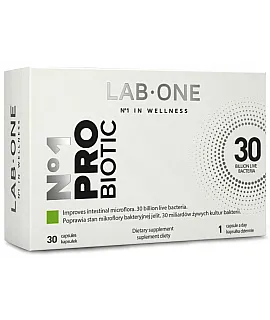











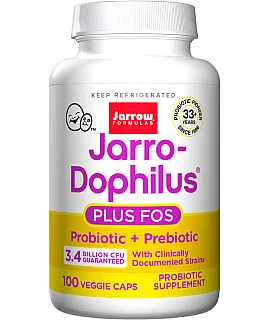

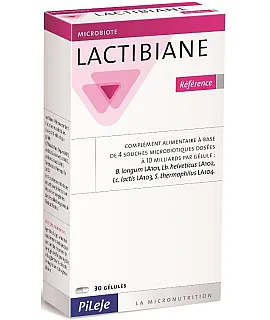















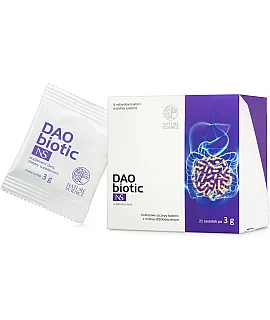

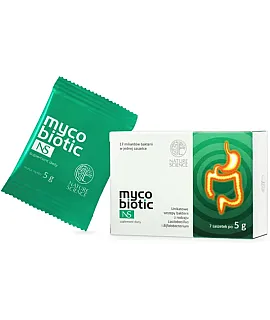


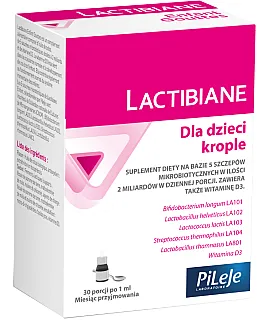



Multi-strain probiotics are dietary supplements that contain several different strains of probiotic bacteria. They are tested for a specific use and ensure that the different bacterial cultures work well together. Multi-strain probiotics differ from single-strain probiotics in that they contain more than one strain of probiotic bacteria. Although multi-strain probiotics are generally safe, some people should consult a doctor before taking them. Multi-strain probiotics are available in various forms, such as capsules, powders or liquids. Read more
What are multi-strain probiotics?
Multi-strain probiotics are dietary supplements that contain several different strains of probiotic bacteria, such as Lactobacillus and Bifidobacterium. Each strain of bacteria has its own unique properties and health benefits. Multi-strain probiotics are tested for a specific use, which means that the bacterial strains are carefully selected to provide specific health benefits.
Multi-strain probiotics differ from single-strain probiotics in that they contain more than one strain of probiotic bacteria. While single-strain probiotics focus on one specific strain of bacteria, multi-strain probiotics provide a broader spectrum of health benefits due to the synergistic effects of different strains of bacteria.
Multi-strain probiotics are available in various forms, such as capsules, powders or liquids. They typically contain 2 to 10 different strains of probiotic bacteria, and the number of live bacterial cultures per dose can range from several billion to even tens of billions of CFUs (colony-forming units).
How do multi-strain probiotics work?
Multi-strain probiotics work by delivering different strains of live probiotic bacteria to the digestive tract. These bacteria then colonize the intestines, helping to maintain a healthy balance of intestinal microflora. Each strain of probiotic bacteria has its own unique properties and health benefits.
Probiotic bacteria help maintain gut health in many ways. They compete with potentially harmful bacteria for nutrients and space to adhere in the gut, which helps prevent pathogenic bacteria from overgrowing. Probiotics also produce substances with antimicrobial effects, such as organic acids and bacteriocins, which inhibit the growth of harmful bacteria.
In addition, multi-strain probiotics can affect the immune system. Much of the immune system is located in the gut, and probiotic bacteria can interact with immune cells to modulate the immune response. Some strains of probiotic bacteria have demonstrated the ability to increase antibody production and stimulate immune cell activity.
What are the benefits of using multi-strain probiotics?
Multi-strain probiotics offer a number of potential health benefits. First and foremost, they help maintain a healthy balance of gut microflora, which is key to overall health. A healthy gut microflora supports digestion and absorption of nutrients, supports the immune system, and contributes to proper intestinal function.
Some multi-strain probiotics have shown efficacy in alleviating symptoms of gastrointestinal disorders such as irritable bowel syndrome (IBS), colitis and post-antibiotic diarrhea. Probiotics can also help maintain a healthy intestinal barrier.
In addition, some strains of probiotic bacteria have shown potential benefits in areas such as improving immunity, reducing the risk of infection, supporting genitourinary health in women or even improving mood and cognitive function. However, these benefits may vary depending on the specific strain of bacteria and the dose of probiotic.
How to choose the right multi-strain probiotic?
When choosing a multi-strain probiotic, there are several key factors to consider. First of all, it is important to choose a product from a reputable brand that has been tested for safety and effectiveness. The probiotic should contain an adequate number of live bacterial cultures (CFU) and bacterial strains with proven health benefits.
It is also worth noting the diversity of bacterial strains in a probiotic. Although there is no set optimal number of strains, multi-strain probiotics typically contain 2 to 10 different strains of bacteria. Some of the most commonly used strains are Lactobacillus acidophilus, Lactobacillus plantarum, Lactobacillus rhamnosus GG, Bifidobacterium bifidum or Bifidobacterium longum.
It is also important to choose a probiotic in the right form (capsules, powder, liquid) and tailored to individual needs. For example, some probiotics are specially formulated for children, pregnant women or people with specific health problems. It is always a good idea to consult a doctor or pharmacist before starting probiotic supplementation, especially if you have existing health problems or are taking medications.
Highlights of multi-strain probiotics:
- They contain several different strains of probiotic bacteria, providing a broader spectrum of health benefits than single-strain probiotics.
- Probiotic bacteria help maintain a healthy balance of intestinal microflora and can alleviate symptoms of some gastrointestinal disorders.
- When choosing one, pay attention to the brand's reputation, the right number of CFUs, the variety of bacterial strains and customization.
- Although they are generally safe, some people should consult a doctor before using them, especially if they have existing health problems or are taking medications.